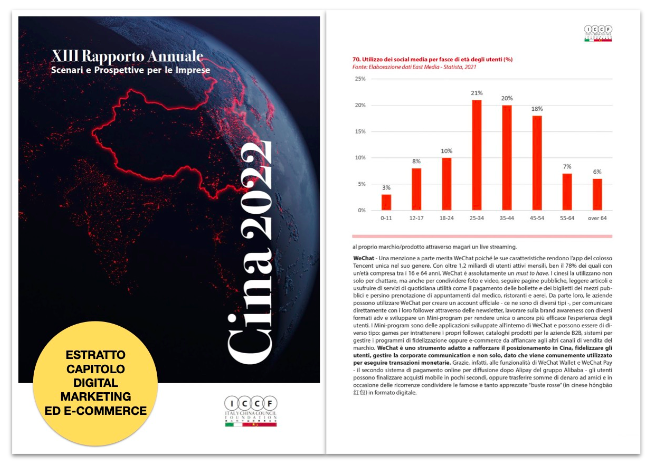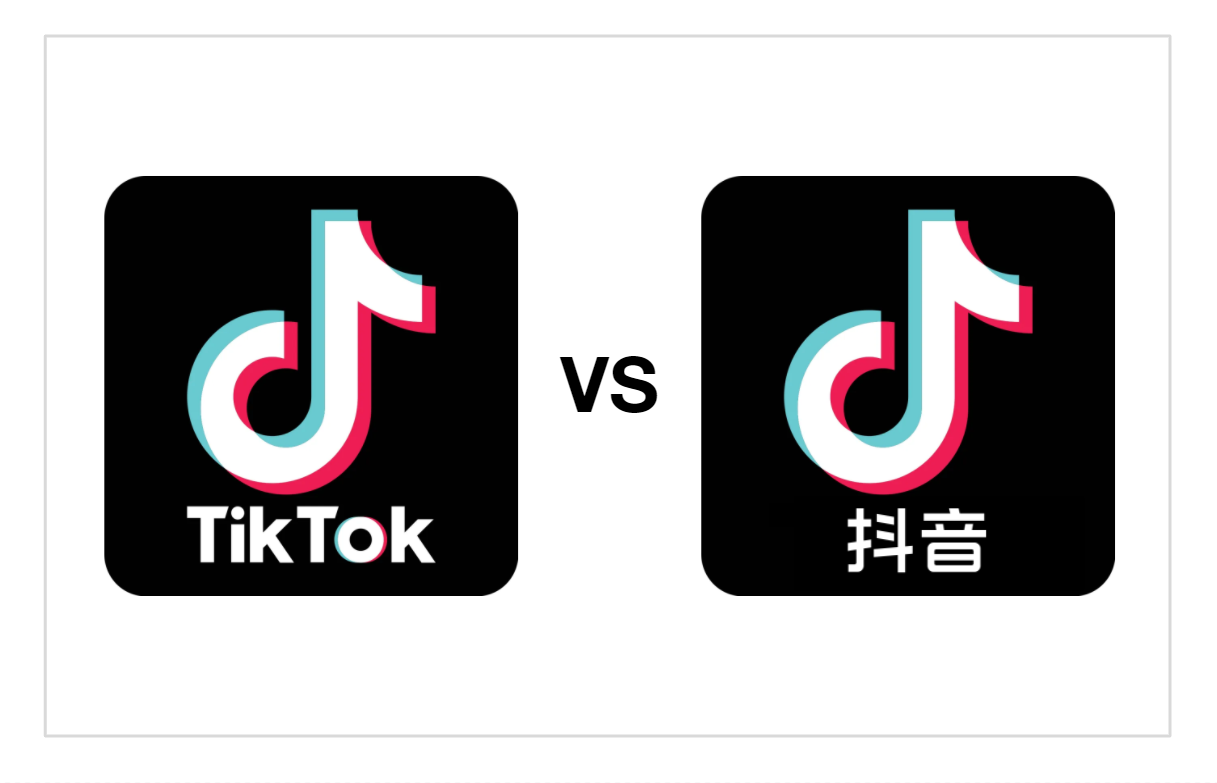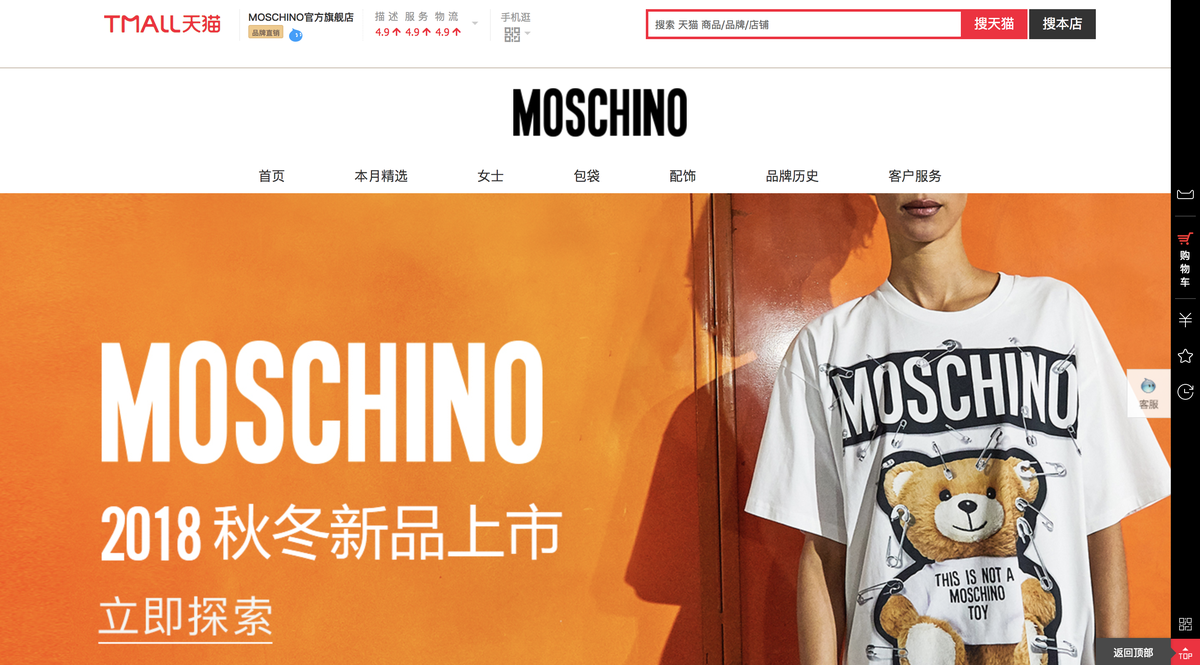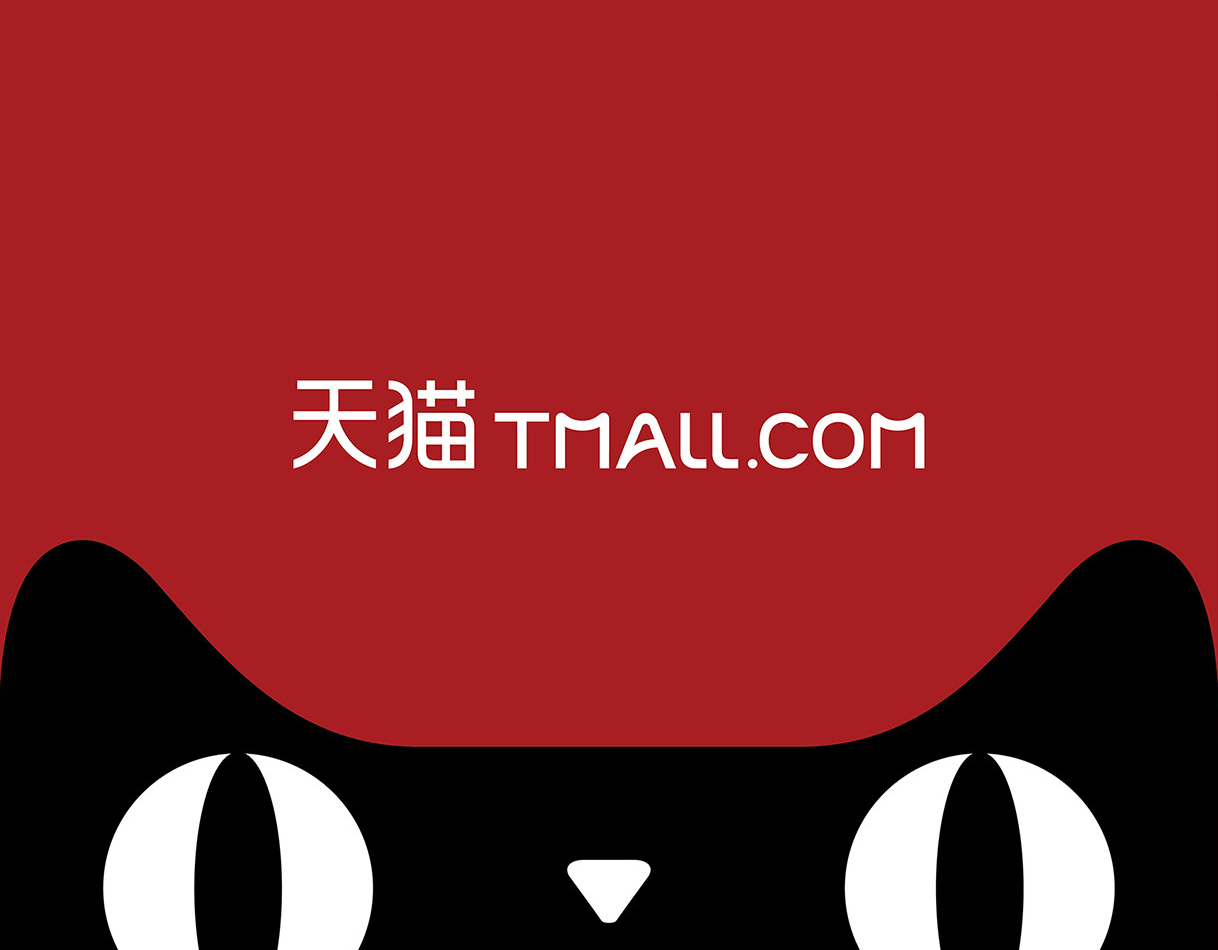When it comes to e-commerce having a Trade Partner (TP) in China is very important for all the companies that want to sell into foreign markets. That is very true if the company does not have a physical presence in a distant and complex target market like the Chinese one. A trade partner is like a bridge for foreign companies. It allows them to sell on online channels thanks to a legal entity recognized by the local government. To help its clients in the internationalization process in China, East Media supports with the help of an office based in Shanghai, specializing in e-commerce. Triboo Shanghai Ltd is East Media’s company officially recognized by Alibaba Group and Jingdong as a China-based trade partner. This enable to support companies in opening and managing online stores on marketplaces such as Tmall and JD.com.
With more than four years of experience in the Chinese market with companies in the fashion and luxury sectors, and its cross-cultural team, composed of native Chinese professionals that work in the offices in Italy and China, Triboo Shanghai and East Media support companies for both e-commerce and communication activities, allowing them to relate to a single partner.
Triboo Shanghai: trade partner in China
Since 2017, Triboo Shanghai has helped companies to position themselves on the marketplaces such as Alibaba, Tmall and Tmall Global, as well as the JD.com platform, the leading e-commerce platform in the technology sector with a mainly male and high-spending user audience.
The services that Triboo Shanghai provides are:
– Management of online flagship stores on marketplaces
– Development and management of integrated marketing with ad hoc editorial marketing on the Brand’s needs on its social media channels
– Creation and management of Adv campaigns and engagement of influencers and KOLs
– Planning and launching new arrivals, monitoring prices and products
– Logistics management up to delivery to the final customer
– Customer care service, CRM management and membership programs.
Chinese e-commerce landscape
With more than 944 million shoppers, China is the world’s largest market for online sales. In the Dragon Country, 24.5% of retail products were sold online last year, and the percentage is expected to rise to 50% by the end of 2025. Given these important trends, a company has several options to complement its sales network with e-commerce. This opens up several scenarios, including choosing which marketplace to rely on.
There are several platforms in China, both generalist and vertical, but the platforms to focus on are definitely Tmall of the Alibaba group, and JD.com as partner of the Tencent group. Together, these platforms have a combined market share of 88%. With over 440 million active users, Tmall is one of the most popular marketplaces in China, which also hosts one of the most important shopping festivals in China’s digital landscape, namely Double Eleven (11.11). To understand the importance of this shopping festival within the Great Wall, just think that last year it generated a turnover of about $85 billion. Not all companies can sell on Tmall, being present on this platform is a key status for foreign companies, especially those that have yet to make themselves known in the Chinese market.
Main players in China
Like Tmall, JD.com is also one of the most widely used and popular marketplaces in China. The uniqueness of JD.com lies in its particularly efficient services. Indeed, 85% of the deleivery are placed within the same day in major cities, and in the rest of the country within 1 to 2 days. With 285 million monthly active users, JD.com is an attractive sales channel because it integrates with WeChat and features a male target audience of high-spending consumers.
Both Tmall and JD.com allow companies to sell both domestically and cross-border.
However, Tmall and JD.com are not the only players in China’s digital ecosystem. Alongside them we also find other marketplaces such as Pinduoduo, the e-commerce platform for buying groups on food products, and platforms that give the opportunity to take advantage of social commerce, such as Xiaohongshu (Little Red Book), where one can buy directly on the platform, scrolling through posts or attending a live streaming session. Other platforms worth mentioning include VIP.com, a powerful sales tool specializing in products on sale, and Secoo the largest online luxury retailer in China.
To get a complete view of all of the new trends in China download the article from the Italy China Foundation’s 13th annual report, the most comprehensive guide to China’s digital landscape! Click on the image to download the article:









